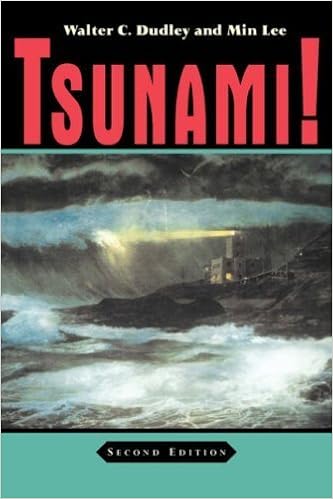

The United States initially cooperated with anti-Assad rebel groups with arms and money. On the other hand, Sunni majority countries such as Turkey, Qatar, and Saudi Arabia have supported anti-Assad groups. Shia majority Iran, Iraq and Lebanese Hezbollah have also supported Bashar al-Assad. Russia entered the conflict in 2015 and the Assad regime is its main ally since then.
#The operational art of war iv syrian civil war free
Since then, the Free Syrian Army has occupied many parts of the country.įoreign support and nude intervention played a major role in the Syrian Civil War. In October 2011, with the help of tanks and helicopters, rebels heavily attacked the government forces and capture the town of Al-Kum. By September 2011, the Free Syrian Army received direct support from Turkey. Initially, FSA started the war with light weaponry such as machine gun and mortar or other similar weapons. Since then, the FSA has controlled a limited area in northwestern Syria. In December 2016, after rebuilding the army, Assad achieved his biggest victory over the rebels in Aleppo.

As a consequence, poor people also joined the Free Syrian Army. About one and a half million people moved from rural areas to cities, which accelerated poverty and social unrest. From 2007 to 2010, Syria was suffering from severe drought. Even global warming played a role in the context of the 2011 rebellion. Hence, the Brotherhood’s supporters and activists also joined the Free Syrian Army. In 1982, Bashar’s father ordered a military operation against the Syrian branch of Muslim Brotherhood. As a result, the Sunni tribes joined the Free Syrian Army. Most of the people of Syria are Sunnis but the country has been ruled by the Alawite community for a long time, and Bashar al-Assad is a member of that community. Although in 2011 there were mostly non-communal protests, within a short time the armed conflict took terrible communal riots. The civil war started in Syria through the announcement of this rebellion. Their main goal was to overthrow the Assad regime. In July 2011, people who have left and resigned the Syrian military announced the formation of the Free Syrian Army. About five hundred thousand rebel guerrillas, innocent people, government soldiers and government supporters have been killed in the last seven years of the bloody civil war. Then the incident became so complex that it was difficult to keep accurate track of it. In just three months about 16,000 protesters were killed by government forces. Those forces carried out nation-wide operations with tanks, artilleries and helicopter gunships. As a result, the protests spread further and in April, Assad brought the army and its loyal secret service to the cities across the country. Bashar al-Assad’s forces took a very aggressive role. This time protests spread throughout the country. However, Security forces fired heavily in the protest which killed and wounded hundreds of people. A protest took place against alleged torturing and demanded the release of those boys. The middle of March 2011, the government forces arrested and tortured 10 to 12 boys for writing anti-government slogans in walls. However, protests began in Syria over a minor incident.

Besides, there was also the support of many Sunni Muslims to Bashar al-Assad as he has established a secular state to prevent Shia-Sunni division. Many researchers thought that the Arab Spring would not affect Syria, because the Ba’ath Party currently under Bashar al-Assad’s leadership has maintained strong control over its population for the past 40 years. In December 2010, with the arrival of the Arab Spring, the whole of Arabia was in turmoil, Syria was roughly calm. 12.8% of Alawites are Arab, 13% Christian, 9% Orthodox and 4% Armenian, Druze Arabian 3.2% and Ismaili Shia 3%. The Arab League has already canceled the Syrian government’s membership in the League.Īs we know, 69% of the Syrian population is Sunni, 9% of which are Kurd and 60% are Arabian in ethnicity. Arab world’s main platform Arab League was in favor of the rebels from the beginning. In international context, it has been seen that Russia and China have been in favor of Basar al-Assad in all matters and they vetoed against sanctions and proposals by the United States, Britain, and French in the Security Council. On the other side of the conflict there are Free Syrian Army, Kurds, ISIS, Al Nusra and some other rebel forces. On the one side of the bloody civil war in Syria, there is the Ba’ath Party led by the ruling Alawites.


 0 kommentar(er)
0 kommentar(er)
